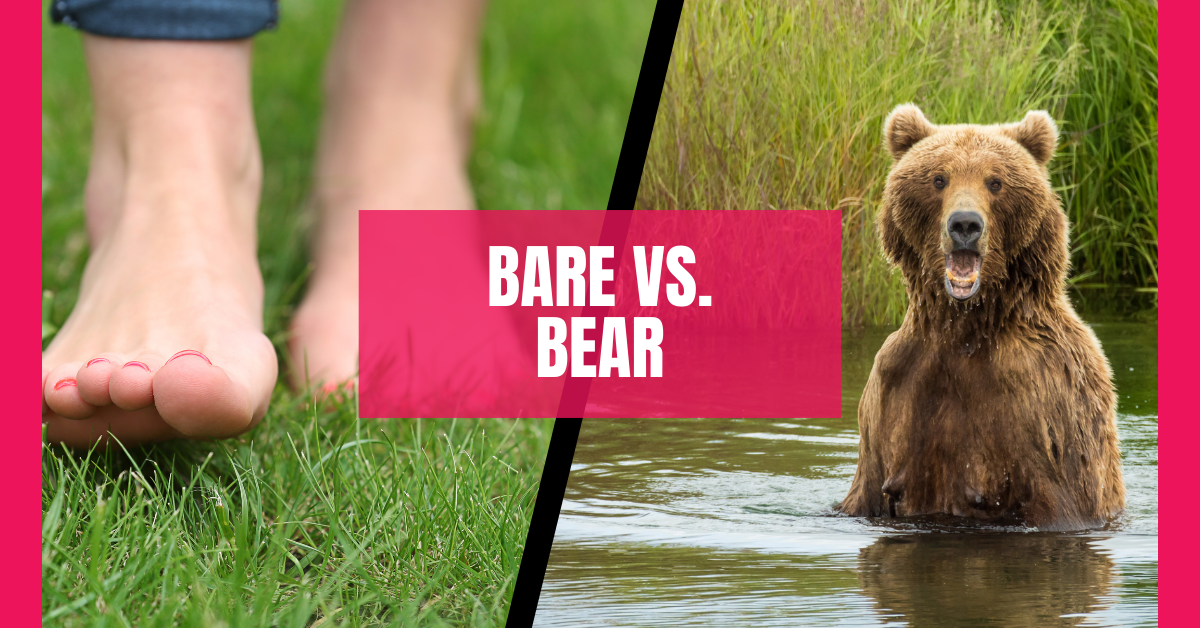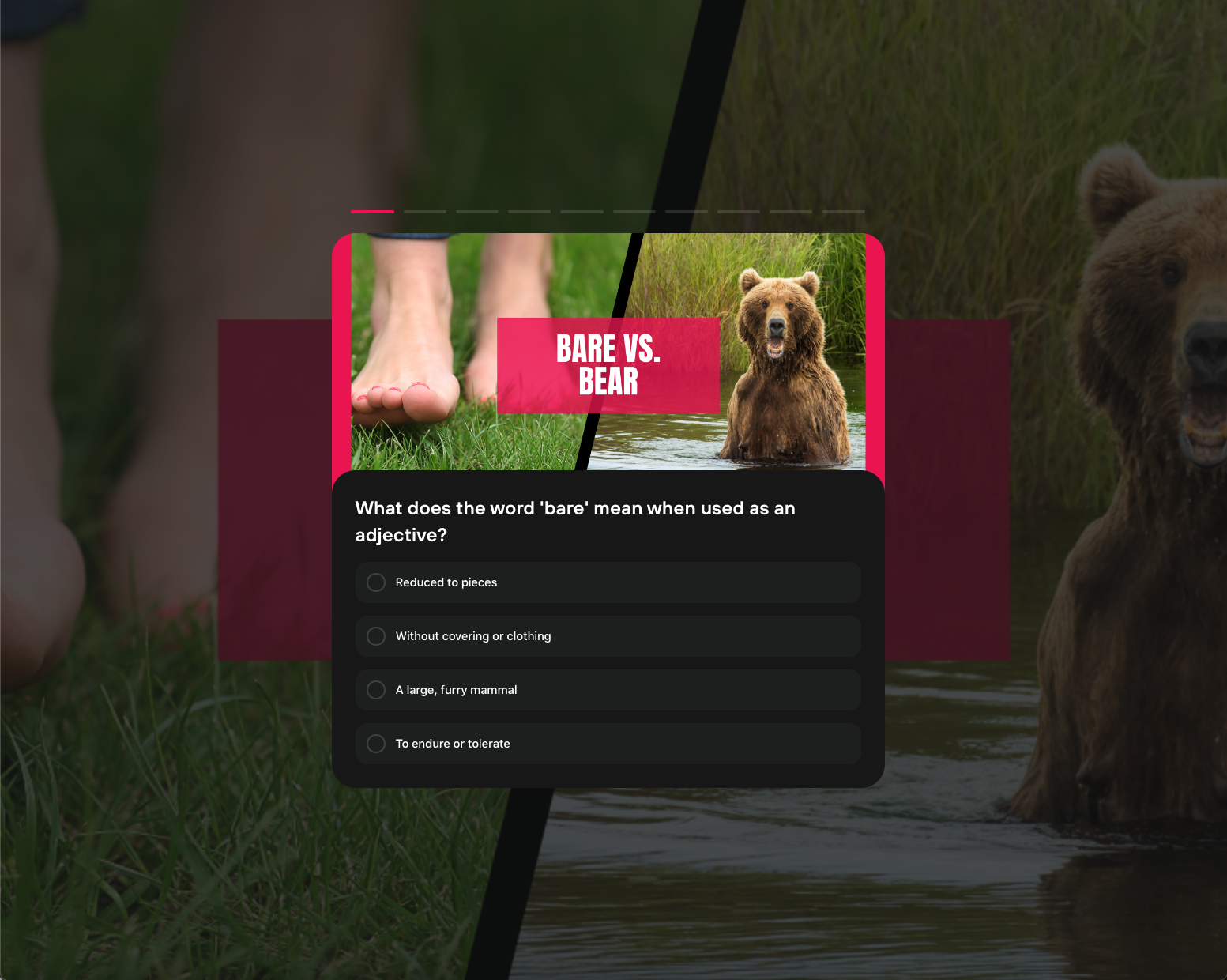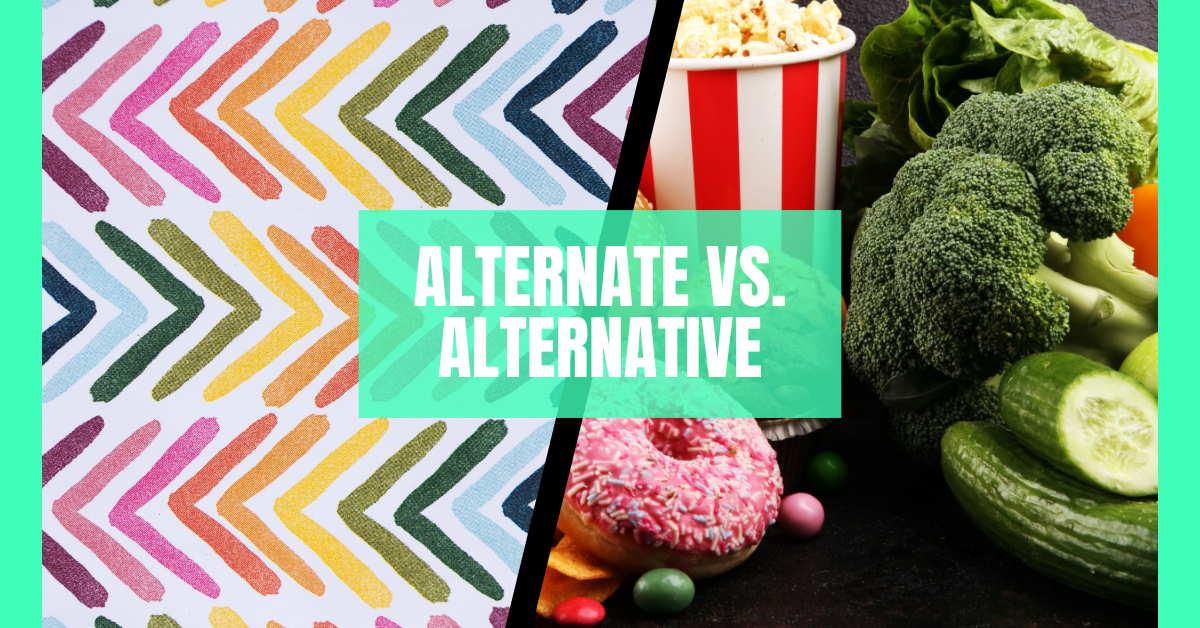Bare vs. Bear: How to Master These Commonly Confused Words

Bare vs. Bear: How to Master These Commonly Confused Words
Bare vs. Bear: Mastering These Commonly Confused Words
English is full of words that sound alike but mean entirely different things and bare and bear are perfect examples. While they may sound identical, their meanings and uses are worlds apart. Mixing them up can lead to amusing—or confusing—situations. Let’s dive into the differences between these two words and learn how to use them correctly in writing and speech.
Source: Learn English Coach YouTube Channel
The Basics: Definitions of Bare and Bear
Bare is often used as an adjective or verb and relates to the idea of being exposed, minimal, or uncovered.
As an adjective, bare means “without covering or clothing.”
Example: She walked barefoot on the bare floor.
As a verb, it means “to uncover or expose.”
Example: He bared his soul during the heartfelt conversation.
On the other hand, bear serves multiple roles in the English language, acting as a noun or a verb.
As a noun, bear refers to the large, furry mammal found in the wild.
Example: We spotted a bear near the campsite.
As a verb, it has several meanings, including “to carry,” “to endure,” or “to support.”
Example: She couldn’t bear the thought of leaving her family.
Breaking It Down: Common Uses of Bare
1. Uncovered or Naked
The most straightforward use of bare is to describe something exposed.
Example: The bare branches of the tree stood stark against the winter sky.
2. Minimal or Basic
Bare can also signify something reduced to its simplest form.
Example: The apartment had only the bare essentials: a bed, a chair, and a table.
3. Exposing Something (Verb)
When used as a verb, bare often conveys the act of revealing or uncovering.
Example: The thief bared his intentions when he broke into the house.
Breaking It Down: Common Uses of Bear
1. The Animal
As a noun, bear is straightforward—think grizzlies, pandas, and polar bears.
Example: The bear hibernates through the long, cold winter.
2. To Endure or Tolerate
One of the most frequent uses of bear as a verb is to express enduring or tolerating something difficult.
Example: She could hardly bear the pain after twisting her ankle.
3. To Carry or Hold
This use conveys the idea of carrying something physical or emotional.
Example: The bridge must bear the weight of heavy trucks.
4. To Give Birth
Bear also appears in the context of giving birth, particularly in formal or literary expressions.
Example: The queen is expected to bear an heir to the throne.
Tricks to Remember the Difference
Struggling to keep these words straight? Here are a few tips:
Bare = Naked
Think of bare as being exposed, like walking barefoot. You probably mean bare if you’re talking about something uncovered or minimal.
Bear = The Animal or Burden
Picture a bear carrying something heavy. Whether it’s a grizzly bear or the weight of responsibility, the connection to bear is about enduring or carrying.
Common Mistakes to Avoid
1. Mixing Them Up in Idioms
Correct: I can’t bear to watch this horror movie.
Incorrect: I can’t bare to watch this horror movie.
2. Using Bear Instead of Bare for Minimalism
Correct: The room was bare, with nothing on the walls.
Incorrect: The room was bear, with nothing on the walls.
3. Swapping Bear for Bare in Expressions About Exposure
Correct: He bared his teeth in anger.
Incorrect: He beared his teeth in anger.
Final Thoughts
The difference between bare and bear is subtle yet significant. By keeping their meanings and contexts in mind, you can confidently avoid common pitfalls and write. Whether you’re describing a bare minimum effort or the strength to bear a heavy load, using these words correctly adds polish to your writing.
With practice, you’ll master this tricky pair and never have to bear the embarrassment of a mix-up again!
FREE Quiz
Take our free quiz to test your knowledge of Bare vs. Bear. 👉 Click Here to Start the Quiz.






